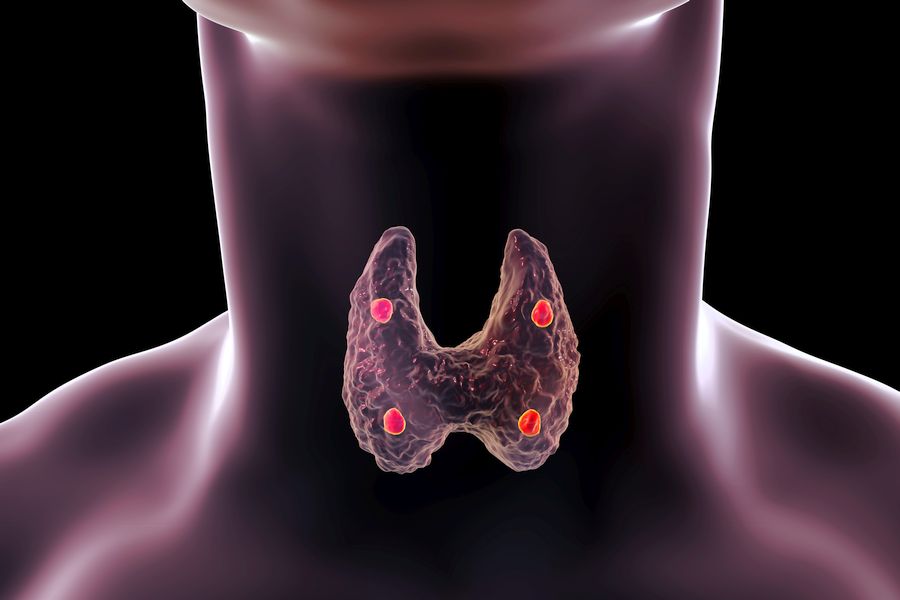Listed below are some of the conditions we treat and services we provide. Select an item to learn more.
General Endocrinology
Endocrinology is a specialty that diagnoses and treats metabolic and hormonal disorders.
These disorders include diabetes mellitus, thyroid and parathyroid disorders, gonadal and reproductive disorders, calcium and bone metabolic disorders, pituitary disorders, adrenal disorders, obesity, lipids and cholesterol disorders, cardiovascular risk management and cancers of endocrine glands.

Diabetes Mellitus
Diabetes mellitus affects 30 million Americans and is projected to affect 1 in 3 Americans by 2050.
We specialize in offering state-of-the-art diabetes care for type 1 and type 2 diabetes with the goal of reducing diabetes-related complications and improving diabetes control and overall quality of life.

Diabetes Technology
We have expertise in a wide range of cutting-edge diabetes technologies including:
- New drug therapies
- Smart Insulin Pens
- Insulin Pumps
- Continuous Glucose Monitoring (CGM) – external and internal
- Hybrid Closed Loop Pumps
Thyroid Diseases
We specialize in evaluation and management of hypothyroidism, hyperthyroidism, autoimmune thyroid disease, goiter and nodular thyroid disease.
We use a variety of laboratory testing and diagnostic imaging including on-site high resolution thyroid ultrasound performed by your treating clinician to diagnose and manage our patients.
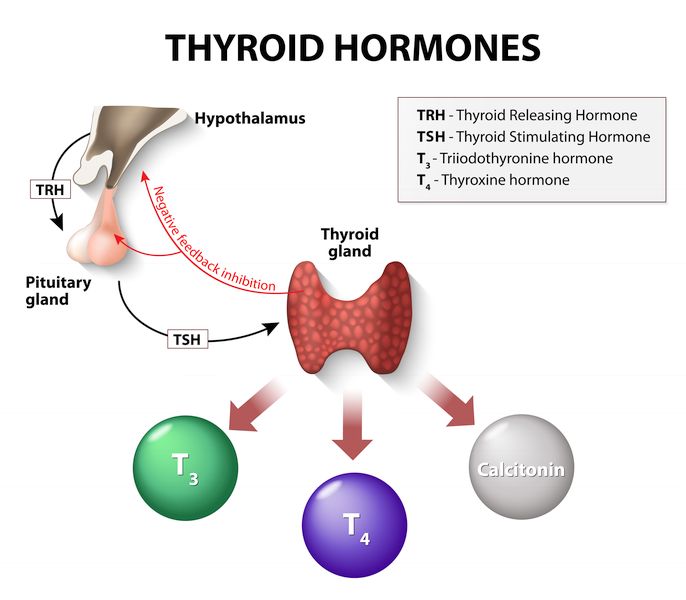
Thyroid Eye Disease
Thyroid eye disease (also known as Graves Opthlamopathy) is a rare condition that is usually associated with Graves hyperthyroidism. It causes inflammation and bulging of the eyes which can be painful, disfiguring and even threaten vision in severe cases. We offer treatment with new medical therapies to manage thyroid eye disease and collaborate with expert surgeons to offer a complete spectrum of treatment options for this condition
Thyroid Cancer
In recent years, thyroid cancer diagnosis was increasing faster than any other cancer in the US. This is likely related to advances in thyroid ultrasound over the last decade. Thankfully, the increase in new diagnoses have stabilized.
Each year over 50,000 new thyroid cancers are diagnosed in the US with about 2000 deaths from thyroid cancer. Thyroid cancer tends to be diagnosed at an earlier age than other cancers. Women are 3 times more likely to develop thyroid cancer than men.
There are at least 4 types of thyroid cancer, and the risk of death from these cancers can vary significantly. Correct diagnosis, and staging is critically in providing optimal care.
The fact that benign thyroid nodules are so common in the population poses a great challenge in identifying malignant nodules in the background of large numbers of innocent nodules that do not require therapy.
We use a variety of laboratory and imaging strategies including on-site high-resolution ultrasound performed by your treating clinician to identify high risk nodules. We can then utilize selective fine needle aspiration biopsy (FNAB) with ultrasound guidance to determine malignant potential. We also use advanced genetic testing to compliment FNAB.
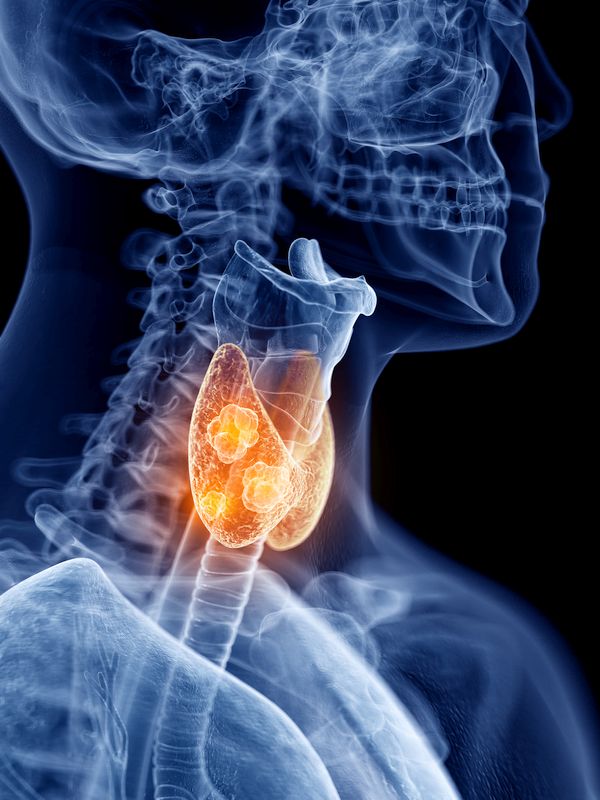
Thyroid Ultrasound
All medical providers have advanced training in neck ultrasonography. We provide on-site diagnostic thyroid and parathyroid ultrasound using high-resolution sonography performed by your treating clinician.
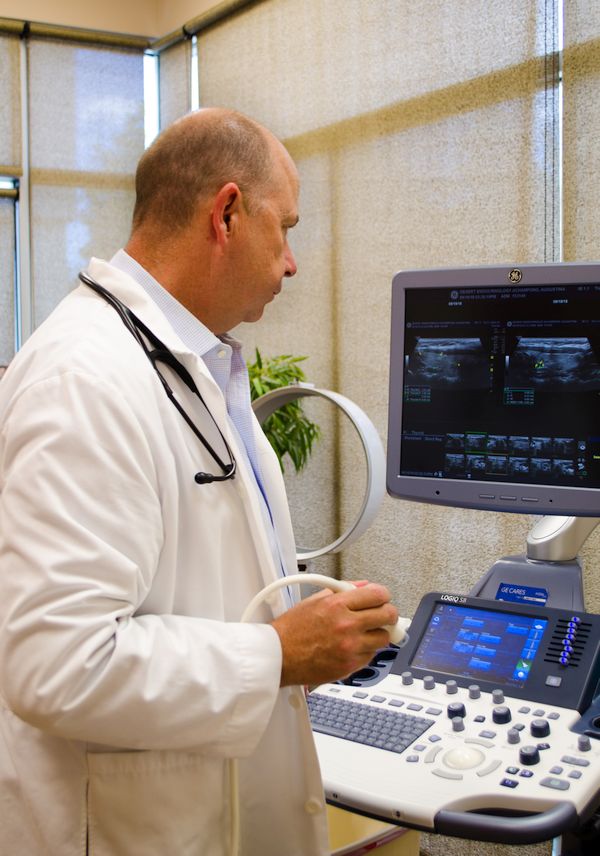
Radioactive Iodine Therapy
Dr. Litchfield has been supervising radioactive iodine therapy for over 20 years. He feels that patient selection and preparation is critical when using radioactive iodine to treat advanced thyroid cancer or refractory hyperthyroidism. Appropriate dose selection is key in minimizing complications of therapy.
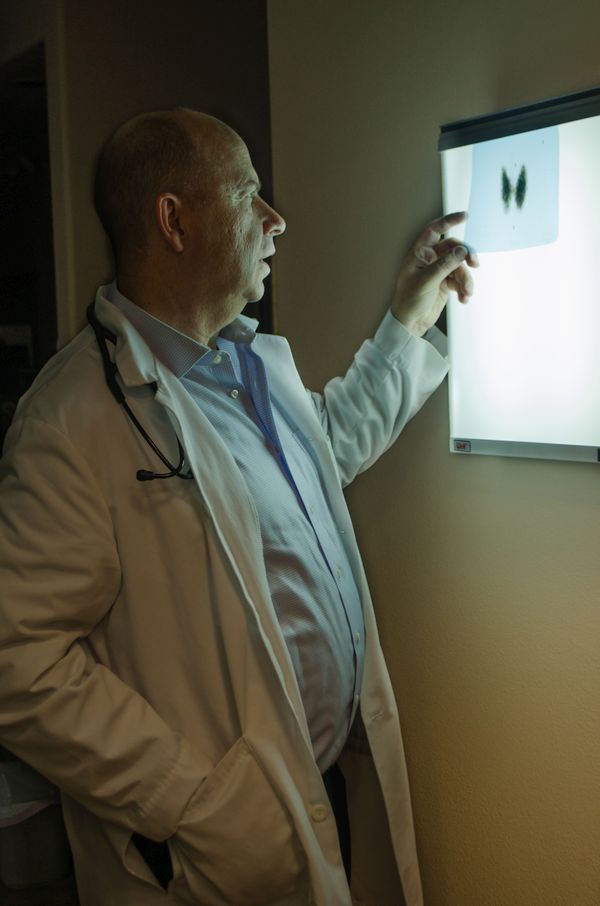
Low Testosterone (Low T)
Low T (male hypogonadism) in men is a common disorder that can cause low libido, erectile dysfunction, altered mood and fatigue.
We use advanced diagnostic testing to determine the cause of the low T so we can provide patients with optimal therapy which may include testosterone replacement therapy or a variety of other non-testosterone treatments to avoid the need for long-term testosterone therapy.

Polycystic Ovary Syndrome (PCOS)
PCOS is part of a spectrum of common disorders in young women in which there is excessive production of male hormones from the ovaries. This may be associated with metabolic syndrome, pre-diabetes and obesity. It is often associated with abnormal hair growth (hirsutism), hair loss, acne, weight gain, irregular menstrual cycles and infertility.
We use comprehensive endocrine testing to rule out other treatable conditions and confirm the diagnosis. We can then offer a variety of treatments that include lifestyle modification and prescription drug therapy to manage PCOS and its symptoms.
Osteoporosis
Osteoporosis is a common condition characterized by loss of bone resulting in an increased risk of bone fracture. 50% of women over the age of 50 will have a osteoporosis-related fracture in their life.
We specialize in the evaluation and management of osteoporosis in men and women and offer a wide spectrum of treatments suited to the specific needs of our patients. We also provide ongoing monitoring of therapy using laboratory and DEXA scanning.
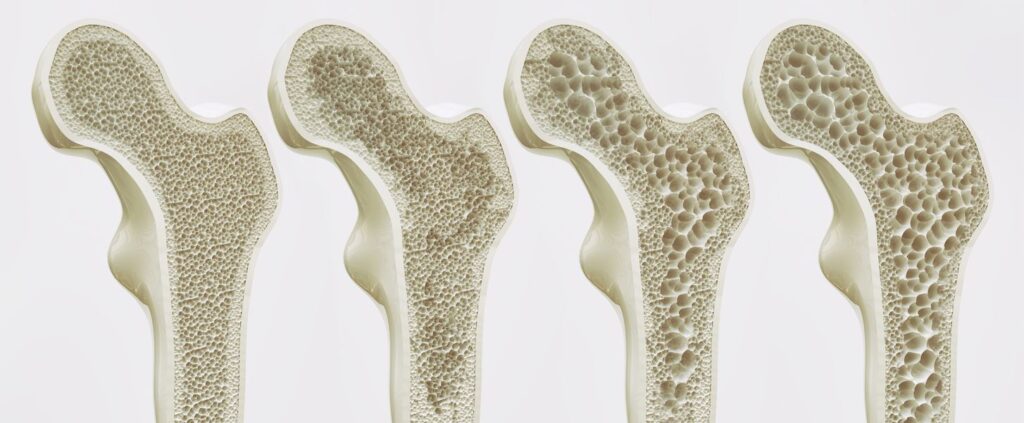
Adrenal Diseases
The adrenals regulate salt, water and glucose metabolism. Adrenal tumors are found in about 4% of patients undergoing a CT scan. Although these are usually benign and hormonally silent, some adrenal nodules can be hormonally active and cause serious illness.
We also evaluate and treat patients with adrenal insufficiency (Addison’s disease), Cushing’s syndrome, hyperaldosteronism (Conn’s syndrome), and pheochromocytoma (adrenal-secreting tumors).
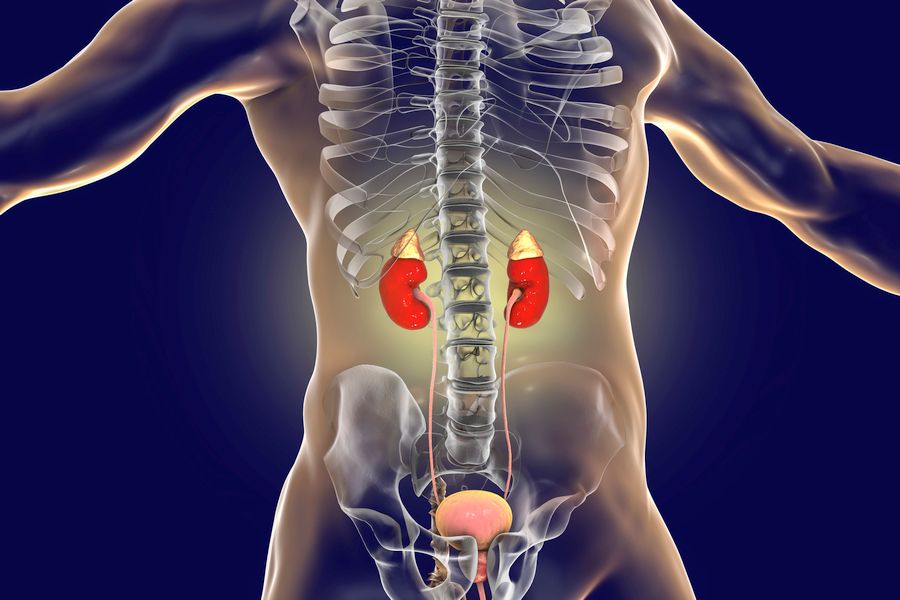
Pituitary Diseases
We have over 20 years of experience treating functional and non-functional pituitary tumors, panhypopititarism, partial hypopituitarism. Other pituitary disorders we treat include hyperprolactinemia, Cushing’s disease, acromegaly, empty sella syndrome and diabetes insipidus
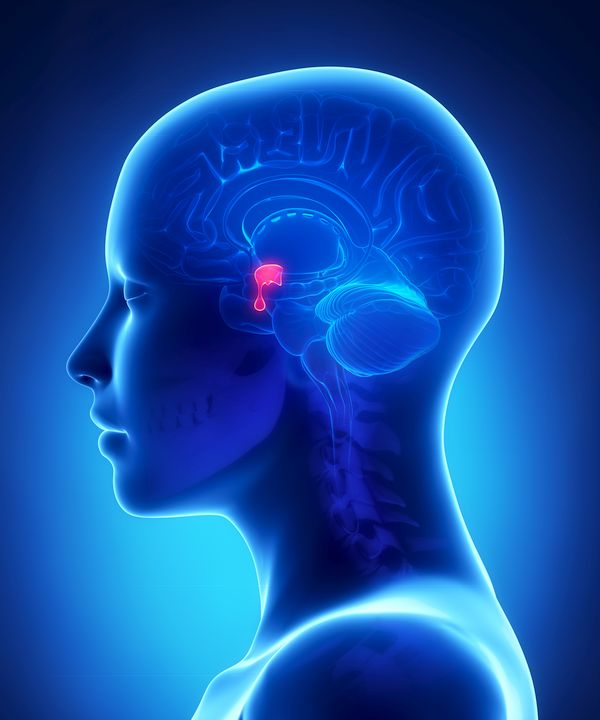
Parathyroid & Calcium Disorders
Primary hyperparathyroidism is the most common cause of elevated calcium and is caused by a benign parathyroid tumor. It can be difficult to diagnose and localize. We also diagnosed and treat other calcium-related problems including vitamin D deficiency, cancer-related hypercalcemia, and hypoparathroidism.
